Future referendums ‘taken off the menu’ after voice vote, legal experts say
Constitutional law experts say the voice referendum has killed prospects of successful referendums, shooting down hopes of Australia ever becoming a Republic.
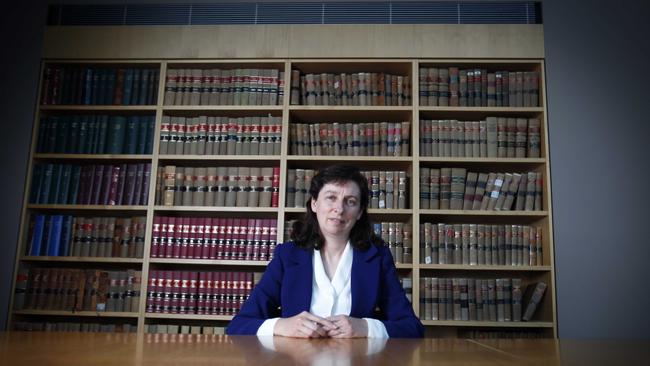
The chance of a new referendum on Australia becoming a republic has evaporated, with constitutional experts warning that the failed voice vote has killed prospects of successful referendums and any government brave enough to pitch one must have a “death wish”.
Hopes for Indigenous Australians to be recognised in the Constitution have also been shot down, with the experts warning a Peter Dutton-led second referendum would be doomed to fail.
University of Sydney constitutional law professor emerita Anne Twomey said there was a “real risk” governments would not hold any referendums after the voice vote.
“We’ve already seen that so far, because the amount of time between referendums has extended. Referendums were relatively frequent in the first 50 years of Federation and as they began to fail, they became less and less frequent,” Professor Twomey, who was also a member of the Referendum Working Group, said.
“The last referendum we had was in 1999. There was a proposal for a referendum in 2013, but that got pulled even before it was held because it was going to fail. The reality is it’s extremely difficult to pass a referendum.”
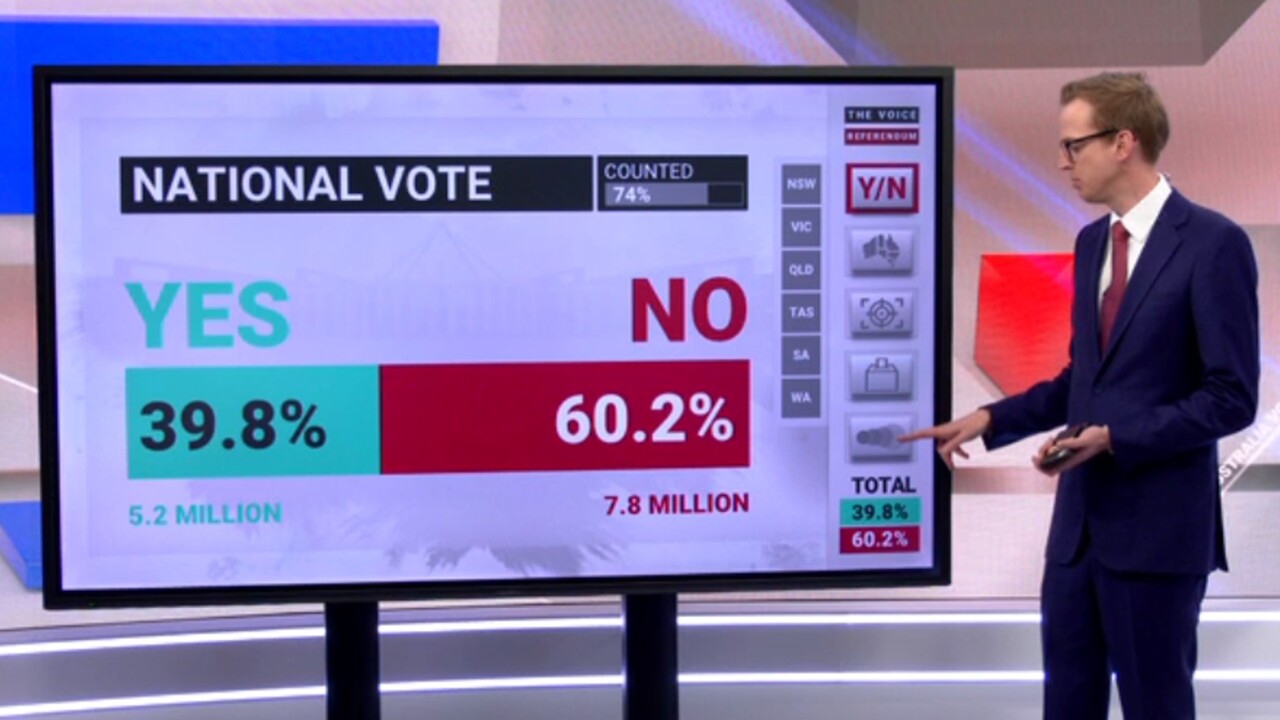
Professor Twomey said as long as a party in opposition saw political advantage to shooting down a referendum, they were likely to continue failing. “It’s very, very easy to create scares, misinformation that will mislead the Australian public and for the referendum to fail,” she said.
Asked whether a second referendum on the constitutional recognition of Indigenous Australians would be unsuccessful, Professor Twomey said it was “fairly likely”.
“The exact same arguments (from the voice referendum) would apply,” she said. “If you think right now that putting an advisory body in the Constitution is inserting race in the Constitution – which I think is utterly untrue – (but) if people believe that now, why won’t they believe the same when you put in a provision of recognition?”
Emeritus professor of constitutional law Greg Craven said because the voice referendum had been “absolutely smashed” any referendum in the future would be “taken off the menu”.
“It’s the first referendum we’ve had in 24 years and it’s been absolutely smashed. It’s hard to think of a worse result,” Professor Craven said.
“I think there will be a couple of implications. One is that there is not going to be constitutional recognition of Indigenous people in the remotely foreseeable future. No one is going to try this again. And the second, is that probably all referendums, on any serious subject is off the menu.”
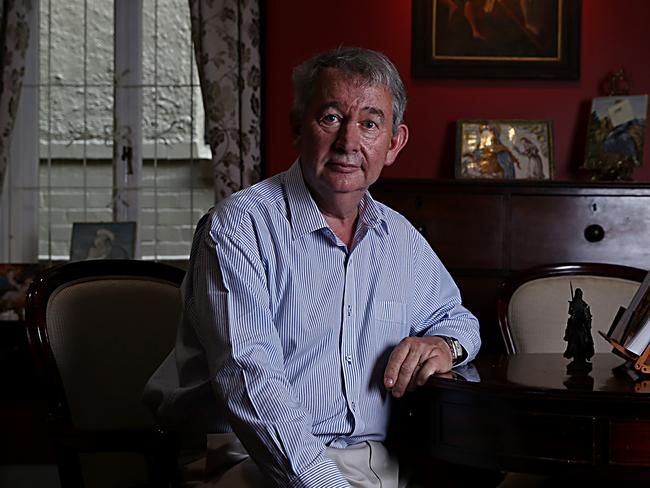
Professor Craven clarified this would notably apply to a potential referendum on Australia leaving the monarchy to become a Republic, which Anthony Albanese has long supported. “The only government that would put a referendum in the foreseeable future would be government with a death wish,” he said.
The Prime Minister indicated on Saturday night that he was unwilling to hold a republic referendum any time soon, saying: “I made it very clear that this was the only referendum that I was proposing in this term. I made no commitments about any further referendums.
“I am someone who believes that we need to restore faith in politics and one of the ways that we do that is by saying what we will do and then doing what we have said we would do. That is what we have done tonight. And I make no apologies for that.”
Constitutional law barrister Louise Clegg said any harm done to the success of future referendums could be blamed on the government, but rejected the suggestion that all national votes moving forward would be unsuccessful.
“This proposal was much more radical and experimental than the influential and powerful lawyers who were the architects of this wanted anyone to believe. That’s because it was at odds with anything that’s ever happened anywhere else in comparable countries on the recognition front because it was at odds with the basic tenet of equality of citizenship in liberal democracies,” she said.
“It’s wrong to say we can’t have constitutional change. We can have it when we have the right product.
“The problem here is that the academy and a tiny few from the legal profession overreached and therefore have done a lot of damage to the notion that we could have sensible, incremental constitutional change when the country needed it.”




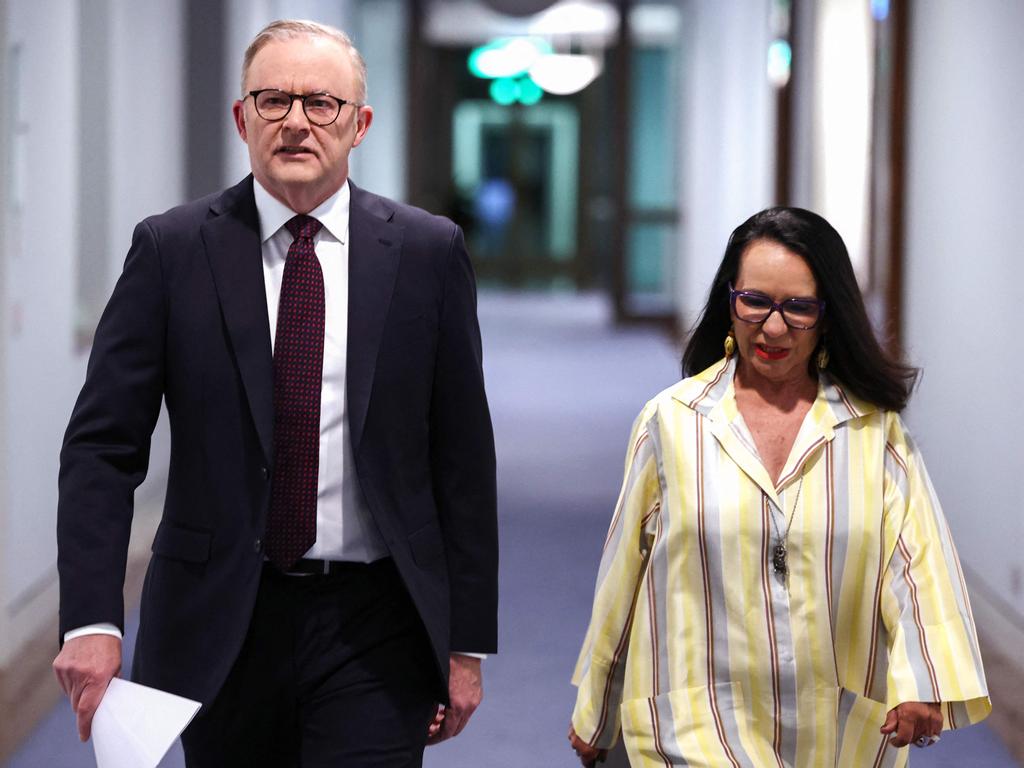
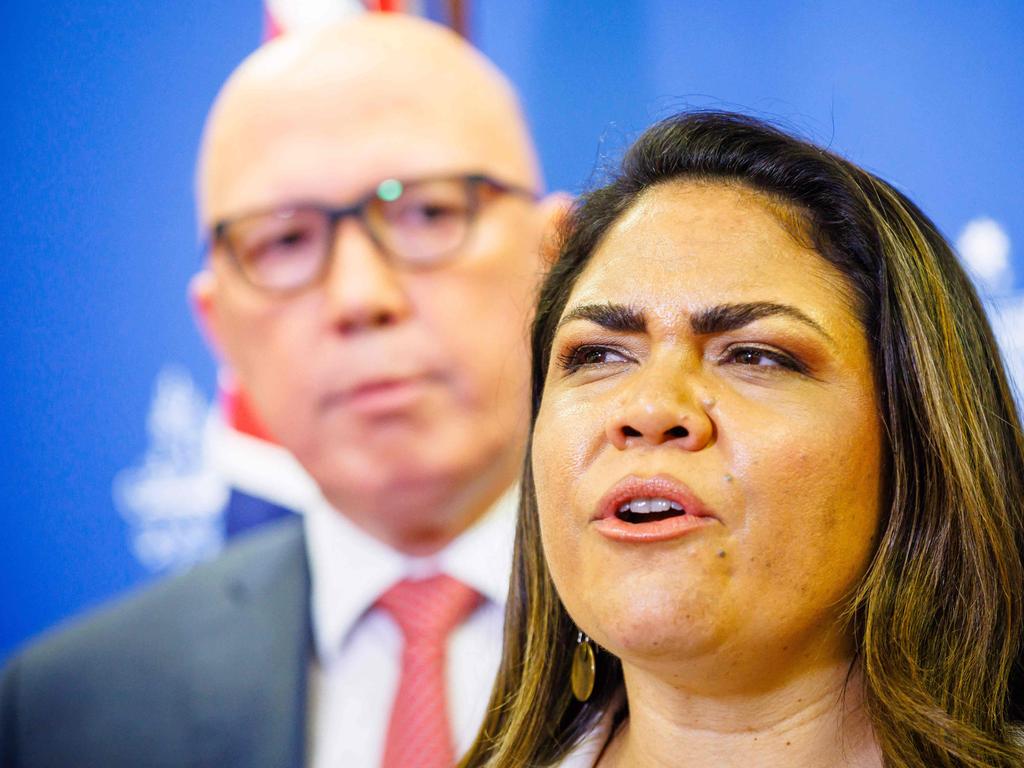


To join the conversation, please log in. Don't have an account? Register
Join the conversation, you are commenting as Logout